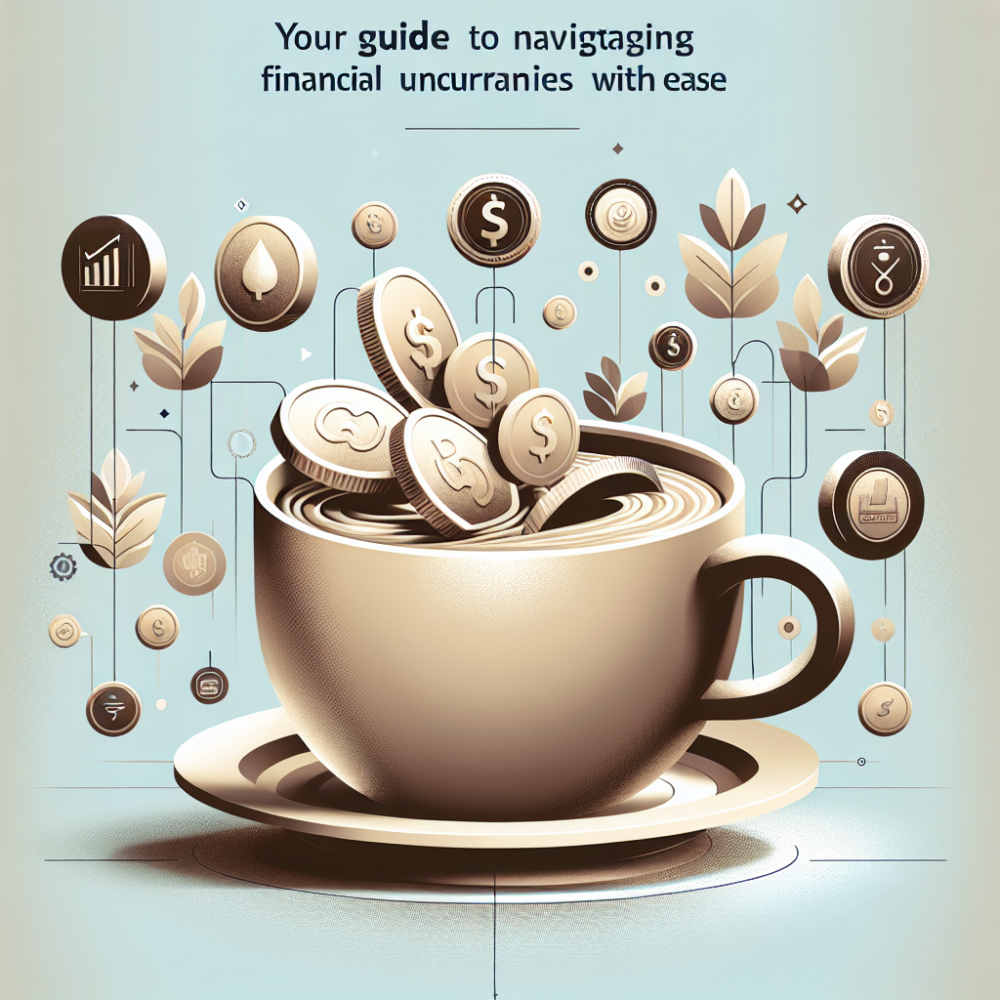Your Guide to Navigating Financial Uncertainties with Ease

Posted on: Monday, March 4th, 2024
Having a robust emergency fund is paramount in safeguarding against life's uncertainties. Likened to a financial safety net, it ensures liquidity, allowing you to cover unexpected expenses without undue stress. A well-prepared emergency fund can be the difference between financial stability and precariousness in times of unexpected crises. This guide aims to explore the key aspects of building and maintaining an emergency fund, emphasizing the importance of liquidity for immediate access to funds.
At its core, an emergency fund is designed to be a buffer to protect you and your family from unforeseen financial emergencies. From sudden medical expenses to unexpected car repairs and job loss, having accessible funds is essential. Financial experts typically recommend that your emergency fund should cover three to six months' worth of living expenses. This ensures that you have enough liquidity to tackle short-term hurdles without dipping into long-term investments or accruing high-interest debt.
To build an effective emergency fund, start by setting a clear target based on your monthly living expenses. Automate your savings plan to transfer a fixed amount from your checking account to your emergency fund regularly. Choose a savings account that offers high liquidity with no penalties on withdrawals, yet still provides some level of interest to grow your savings over time. Online savings accounts often offer the best combination of accessibility and interest rates, making them ideal for your emergency fund.
Another key element in maintaining your emergency fund is to understand what constitutes an "emergency." Ideally, this fund should exclusively be used for unexpected, necessary expenses, not for desires or expenses that can be planned ahead for. Regularly review and adjust your emergency fund as your financial situation changes, ensuring it always meets the recommended three to six months' worth of expenses. This adjustment is crucial for maintaining its relevance and adequacy over time.
It's also essential to consider the impact of inflation on your emergency fund. As the cost of living increases, your fund’s purchasing power may decrease if it isn’t periodically adjusted. Ensure you're recalculating the necessary size of your emergency fund annually, taking inflation into account, to preserve its value and effectiveness in safeguarding your financial well-being.
Finally, do not underestimate the psychological benefits of having an emergency fund. The presence of this fund can significantly reduce stress and anxiety related to financial uncertainties. It builds a sense of security, knowing you have a plan and resources available to tackle unexpected financial challenges without compromising your long-term financial goals.
In conclusion, an emergency fund is an indispensable tool in navigating through life's unpredictabilities. It provides peace of mind, financial security, and the liquidity necessary to handle emergencies without derailing your finances. By understanding the importance of building and maintaining an adequately sized emergency fund, you're taking a critical step towards achieving financial resilience and stability.